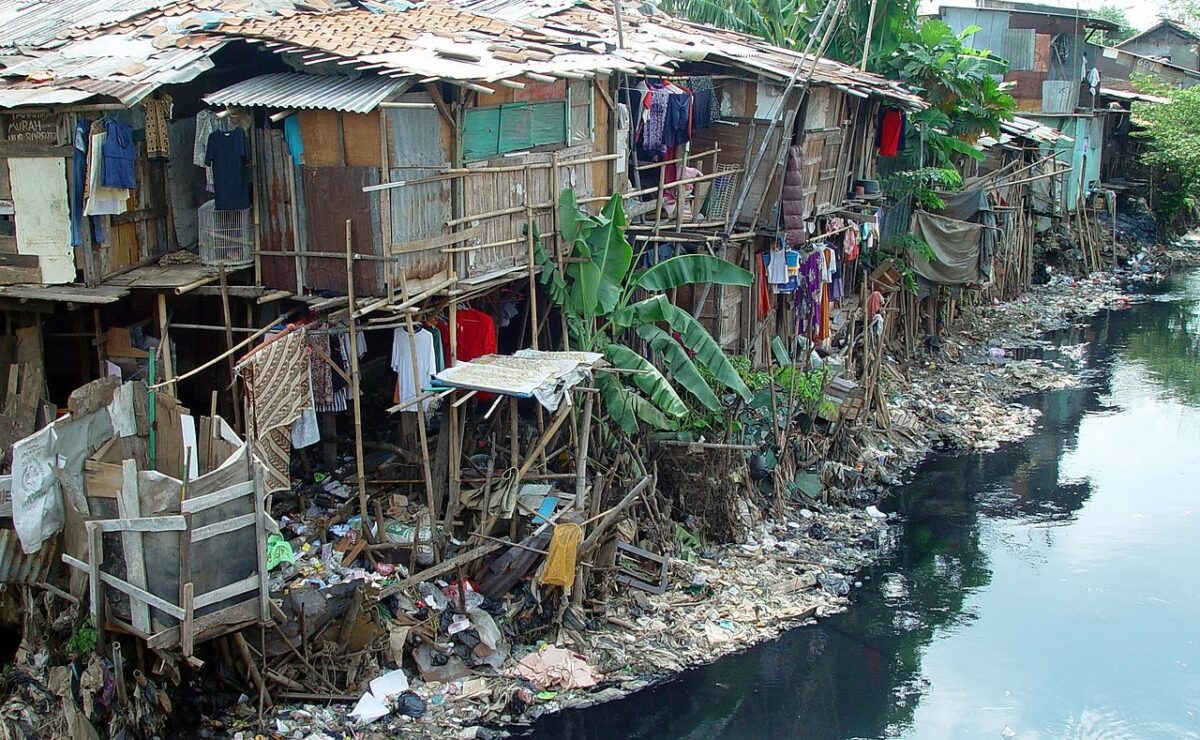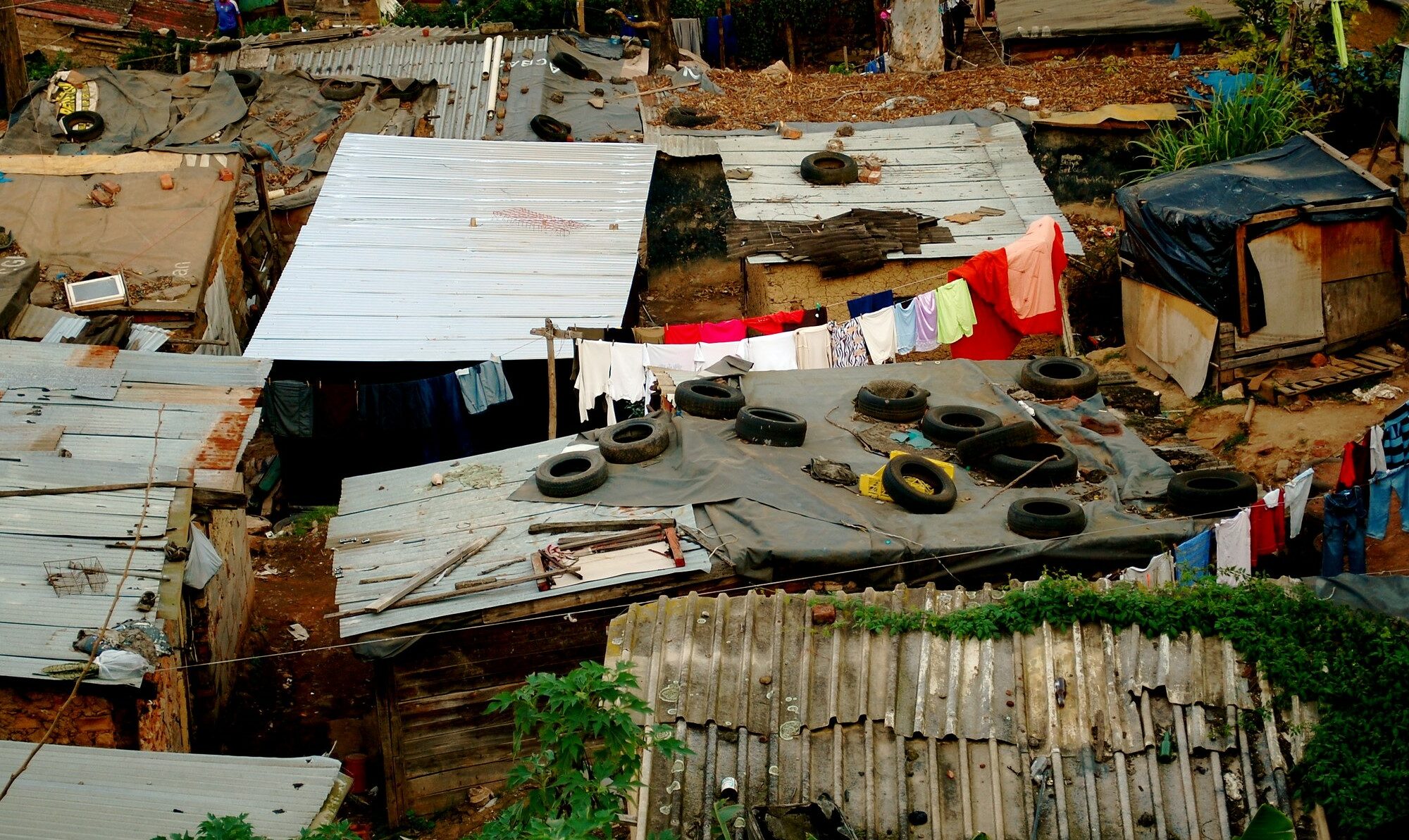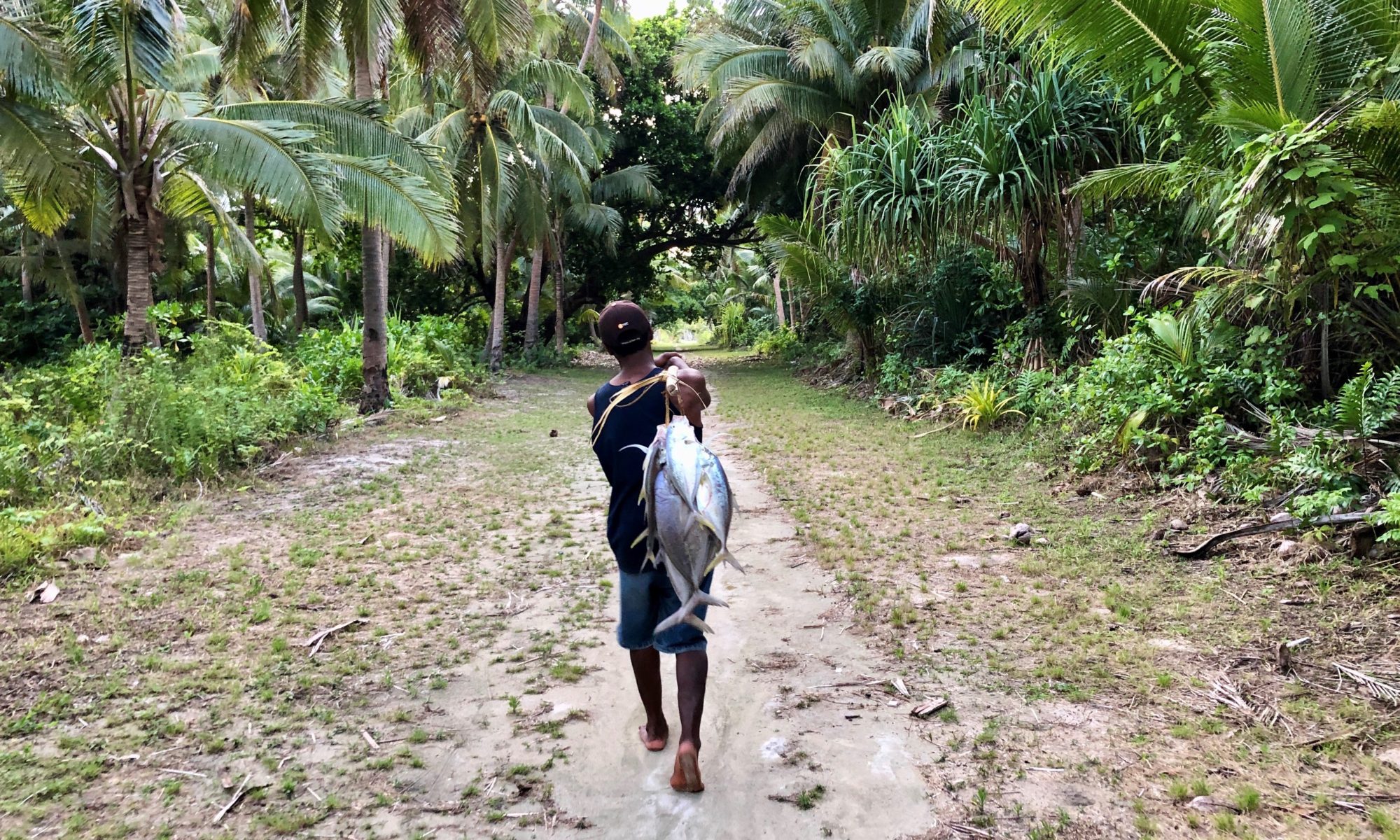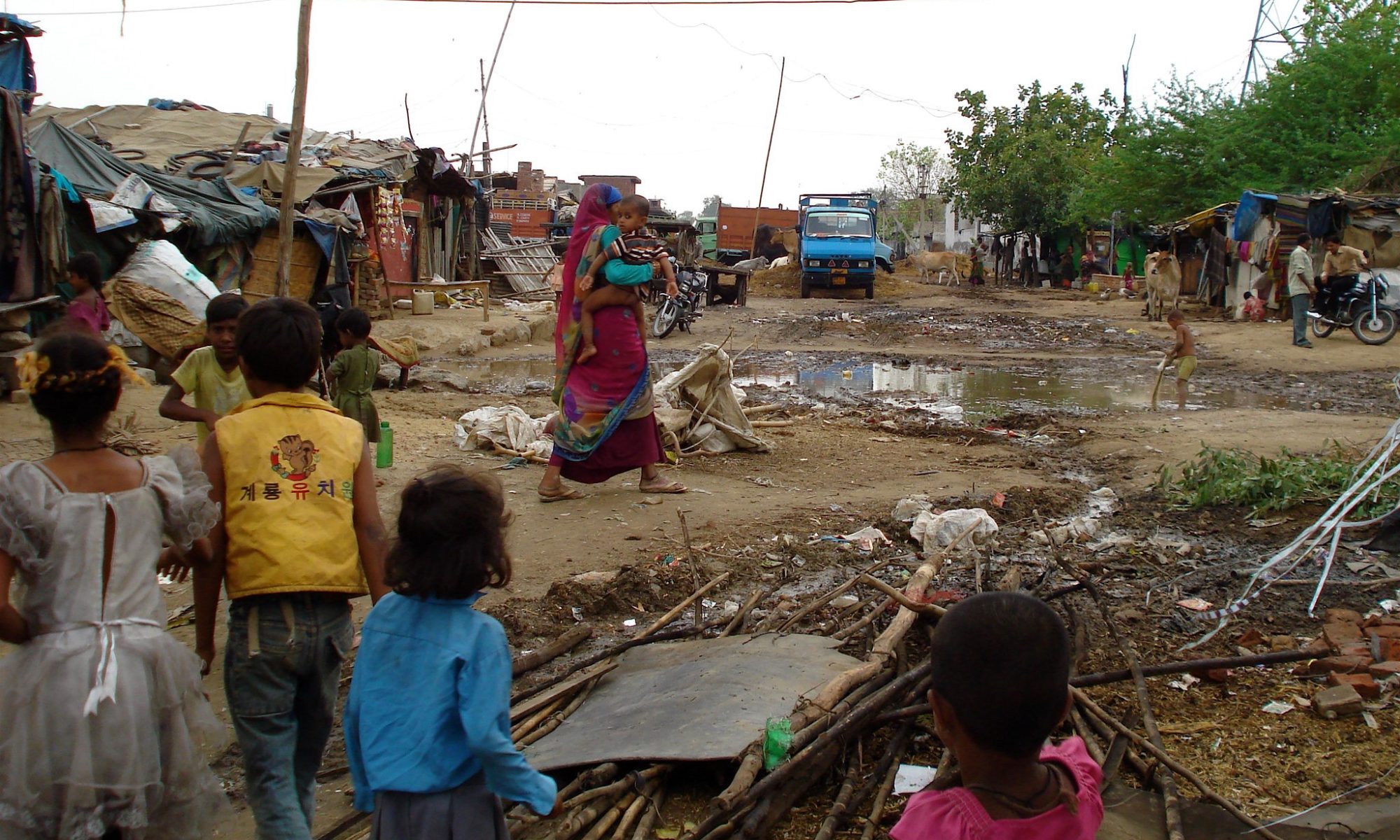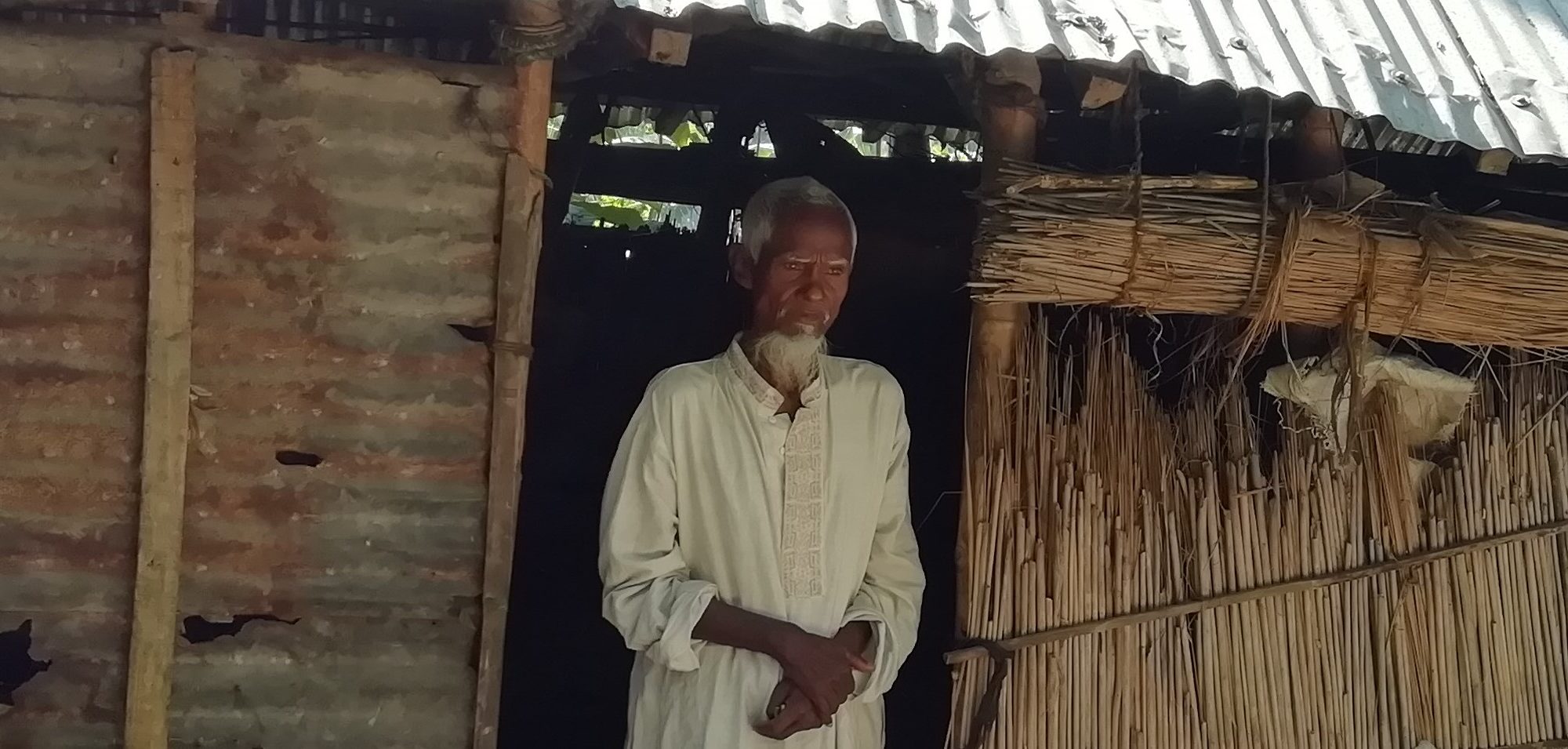By Arief Anshory Yusuf, Zuzy Anna, Ahmad Komarulzaman and Andy Sumner
Two days ago was the UN International Day for the Eradication of Poverty (you already knew that, right?). In new analysis for UNU-WIDER, we assess progress towards the global poverty-related SDGs, specifically monetary poverty, undernutrition, child and maternal mortality, and access to clean water and basic sanitation. Our analysis then looks forward, making projections on the state of global progress over the coming years, up to the 2030 deadline for meeting the SDGs.
Continue reading “Will growth be enough to end poverty? New Projections of the UN Sustainable Development Goals”
